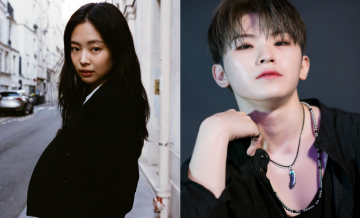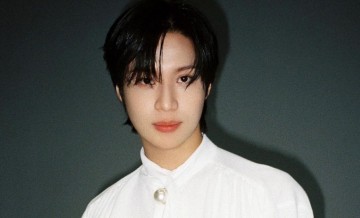World Cup 2014 Stadium Protest: Indigenous Brazilians With Bows, Arrows Clash With Police Weeks Before First Game Date, Officer Shot With Arrow [PHOTOS]
Just weeks before the first game date, a protest erupted outside a World Cup 2014 stadium in Brazil's capital, Brasilia. Indigenous Brazilians with bows and arrows clashed with mounted police armed with tear gas, helmets and riot shields.
The World Cup 2014 first game date is June 12, when Brazil will play against Croatia in the Arena de São Paulo stadium in São Paulo.
Protesters wearing traditional indigenous dress confronted police in Brasilia on Tuesday. One officer was shot in the leg with an arrow, The Daily Mail reports. Two of the indigenous protesters were also reportedly injured, according to Bleacher Report.
Stones were hurled at security forces as hundreds of protesters tried to reach the National Stadium - where the golden tournament cup is on display, BBC News reports.
The violent scenes unfolded next to the Mane Garrincha National Stadium. Protests have been erupting in Brazil by groups angry for different reasons: indigenous Brazilians oppose legislation that would affect the boundaries of their reserves in the country, while others oppose the costs of hosting the World Cup 2014 in a country struggling with corruption.
According to BBC News, approximately 1,500 protesters clashed with police in Brazil on Tuesday; the demonstration blocked one of the main roads of the city.
Brazilians seem unhappy with many elements of the World Cup 2014, from rising costs, security concerns, stadium construction delays, and the death of several construction workers.
Even the World Cup 2014 song is being dismissed by Brazilians on Twitter, who complain about the lack of Portuguese in the World Cup 2014 song "We Are One (Ole Ola)" by Jennifer Lopez, Pitbull, and Claudia Leite.
According to Latin Post, one Twitter user wrote, "Why is the new world cup song mostly in Spanish and English? Me no likey."
Although Brazilian Claudia Leitte is featured in the official song, critics say they don't understand why Cuban-American rapper Pitbull and Bronx-born Puerto Rican singer Jennifer Lopez were chosen for the song when there are many talented musicians in Brazil to choose from, AP reports.
Brazilians are complaining on Twitter that the song is mostly in English and Spanish, leaving only a few seconds at the end for Leitte to sing in her native Portuguese.
Brazilians took to Twitter to get the hashtag #VoltaWakaWaka to trend, which asks for the return of Shakira's "Waka Waka" song from the 2010 World Cup in South Africa, said The Associated Press.
Ironically, Shakira does have a song on FIFA's official World Cup album, "Dare (La La La)"; the music video has become quite popular on YouTube. However, this is not the official song for the event.
















